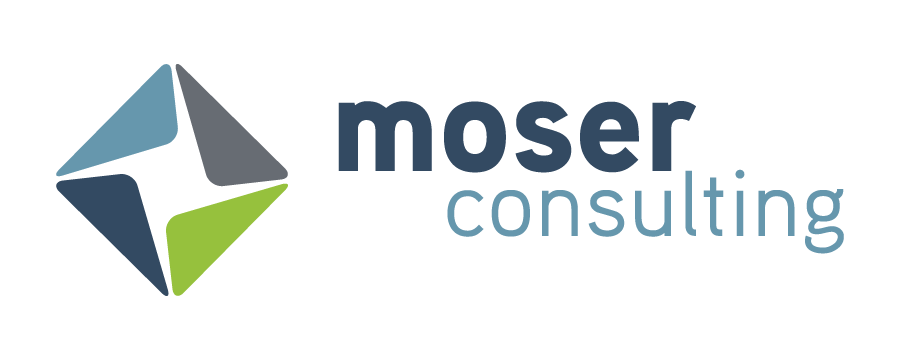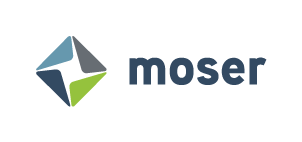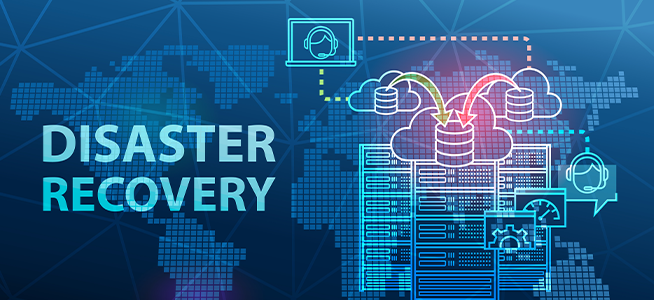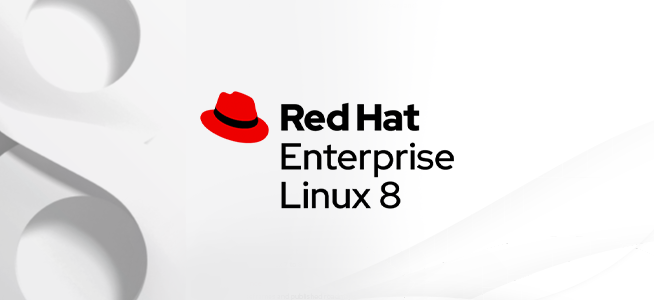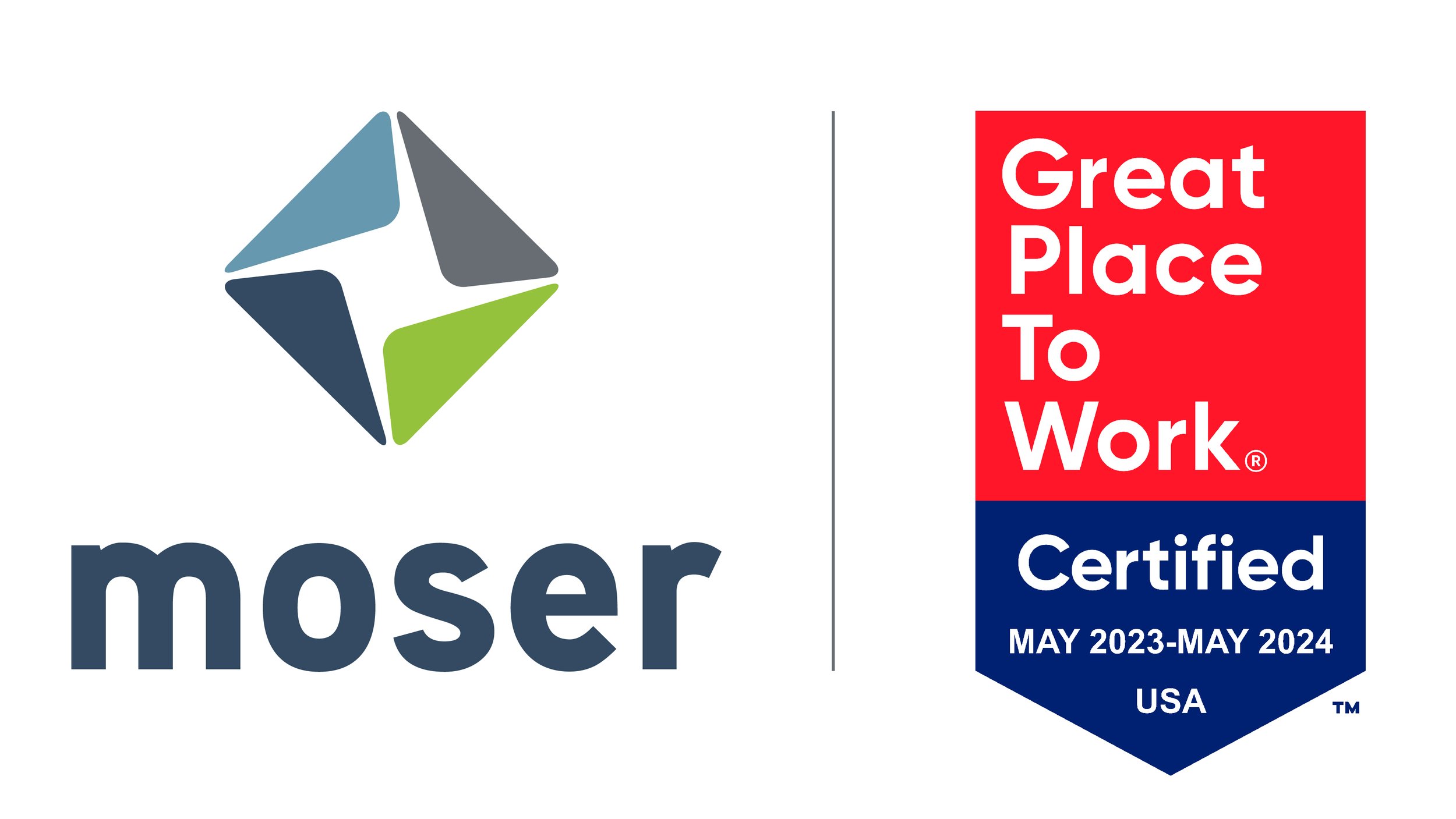
Guidance from Our Subject Matter Experts
The Role of Database Administrators in Snowflake: Optimization, Cost Control, and More
The digital landscape of today presents a multitude of data handling platforms and processes, requiring diverse expertise. It's become clear that understanding the division of roles is critical, particularly the distinction between Data Engineers and Database Administrators (DBAs).
Developing a Jira App: How to Design Usability Testing
Usability testing is a crucial step in designing any product or application. For our team developing Clear Path , designing the usability tests was a very important part of the process. Since our Jira app was a new application being developed from scratch, there is even more of a need to understand the user experience and improvements that can be made based on user feedback. Before conducting the tests, designing the usability test is equally important to ensure you are receiving the information that would help make your product better.
When first designing our usability test script, there was discussion about whether to use a usability test or user acceptance test (UAT). Although these types of tests are used interchangeably, they have differences that need to be considered. Being a new app, it was a question for our team on whether to do usability testing or user acceptance testing. So, what is the difference between these two types of tests?
Big Data: What it is, How it’s Used, and Why it is Important
Technology has become a central part of modern life. With that has come the availability of Big Data. This blog will explore what Big Data is, where it comes from, how it is used, and why it is important to utilize.
APIs: What They Are and Why We Need Them Going Forward
How would a social media app know a user’s google authentication information? After all, google is a separate software and its data is stored separately from that of other applications. The answer is an Application Program Interface (API). APIs are a set of rules and protocols that allow different software programs to communicate and share data. APIs are critical to software and hardware development. In fact, the mouse and keyboard you are using to navigate this blog post are working correctly because of a well-defined API. It’s important for developers and users alike to understand how their various applications work together seamlessly.
Take Control of Your Data
In a world increasingly reliant on digital information, the ability to harness and interpret your data is a crucial aspect of maintaining a competitive edge. This is where Honeycomb Analytics comes in. We provide a comprehensive solution designed to centralize your data into a usable and reliable platform, providing analytics at your fingertips. Our system is designed to decrease the time to value for clients who need consumable data more than complex platforms and integrations. Harness the power of data analytics technology to make informed decisions quickly and modernize your business approach with a data-oriented strategy for success. New insights can be found in even the most familiar places, and these insights might be the key to your business staying ahead in today's fast-paced markets.
Developing a Jira App: Three Tips for Atlassian Forge App Development
You have two choices for building the user interface for your Forge app – the UI kit, and custom UI. The UI kit allows you to create a straightforward UI using a set of Atlassian-supplied components, put together using relatively simple code. Custom UI gives you more room to use Atlassian-supplied and third-party hooks, components and such, while also allowing you to employ more complex HTML, CSS, static resources (such as images) and source code, all of which can be hosted in Atlassian’s cloud with custom UI but not the UI kit. Both types of UI involve writing code in a React-like pattern, which makes sense in that various components available from Atlassian are based on React.
Developing a Jira App: Distributing Your Atlassian Forge App
In a prior installment of this blog [1], we discussed getting your Forge app up and running in a "Hello, World!" way on a test Atlassian instance. Now, perhaps your company has an Atlassian instance that employees use daily, and you'd like to test your Forge app in the real world by installing it on that instance. Another scenario is that you’re now ready to have customers for your app, so you need to distribute it to them.
Developing a Jira App: Getting Started with Atlassian Forge
Forge is Atlassian’s next-generation framework for building apps that integrate with Confluence, Jira, or Jira Service Management. Forge provides Web UI elements, APIs and deployment environments that enable developers to create fully-featured apps within Atlassian’s cloud infrastructure through the use of JavaScript, HTML, CSS and other Web technologies. Forge apps can be distributed via the Atlassian Marketplace as software to which any Atlassian Cloud customer can subscribe.
Developing a Jira App: Design Consistency and Team Collaboration
In today’s growing technological world, it is important to have effective project management tools for companies to achieve their development goals. Jira is a powerful project management tool that aims to streamline workflows and improve collaboration. Taking this with the variety of different business and industries Jira clients are in, there can be a desire to customize capabilities to their needs. Our team at Moser decided to create a custom tool to develop clear work paths for project management, as well as visually see the dependencies and path to completion for Jira tickets. The tool “Clear Path for Jira” started out as an idea, and then turned into a working tool that Jira users can use today.
Tuning a Snowflake Database for Improved Performance and Cost Savings
Moser Consulting was recently tasked with reducing costs and ensuring more consistent SLA compliance in a company's Snowflake environment. While Snowflake differs from traditional and other cloud databases, it is still a SQL-based database, and many of the same tuning techniques apply. However, understanding Snowflake's architecture is crucial, as it offers unique cost-saving opportunities not found in traditional databases.
Optimizing Storage Costs with Cloudflare R2 for Data Ingestion into Snowflake
Recently, I stumbled upon a blog by Felipe Hoffa that detailed using Cloudflare R2 as the data storage location for external tables in Snowflake. I had a project that required less than 5 GB of storage per month, and I wanted to avoid paying for storage if possible. Therefore, I decided to experiment with Cloudflare's free tier as my data lake. The results were nothing short of impressive.
What is Snowflake? Exploring the Database of the Year and Its Popularity
For the second year in a row, Snowflake has been named the Database of the Year by DB-Engines. Over the past couple of years, it has climbed the popularity rankings, currently sitting at #11. Snowflake is a cloud data platform designed for analytical, AI, and ML use cases. As a cloud-native solution, its architecture differs significantly from traditional databases like SQL Server, Oracle, MySQL, and PostgreSQL.
Finding the Perfect Candidate
We’ve heard it said “it’s a seller’s market”, but in these times, I believe we are in a “candidate’s market”. Candidates are looking for maximum benefits and flexibility from an employer and it’s competitive out there when searching for the great candidates. Afterall, if we find a candidate that fits, we want to keep them!
What Are the 5 Components of a Business Continuity Plan?
Discover what your business continuity plan needs to include to help prevent crises and recover from disasters quickly.
What Are Examples of Disaster Recovery?
Disasters can range from natural, physical, or technology-based emergencies. A disaster recovery plan can help you get back to business as usual.
How Do You Conduct a Cybersecurity Assessment?
A cybersecurity risk assessment can help protect your business against a cyber attack. Learn how to do one here.
What Is Included in a Cybersecurity Assessment?
A basic cyber security assessment template as well as three things you can do to prepare for a cyber insurance assessment.
Install Canvas-LMS on RHEL 8.x
Since the beginning of the Covid-19 crisis, as with most aspects of life, learning and education have had to adapt, by necessity, to remote access. In that field, Canvas-LMS (from Instructure) clearly maintains the lead position as the go-to suite for providing educational content over remote channels, be it from elementary schools up through universities and even corporate training.
Instructure does offer hosted Canvas solutions, providing turn-key access to organizations that may not have the technical staff or the same closely-held security requirements as public and private enterprises, which more likely deploy a Canvas system on local or cloud 'hardware' more directly under their control. Instructure's main support documentation describes paths to install Canvas-LMS on either MacOS (OS X) or Debian || Ubuntu-based Linux distributions. However, Canvas-LMS is a complex suite; challenging to install even for experienced Systems Administrators and Developers and requiring a narrow list of supporting framework versions that may no longer be "default" packages in the current repositories ("repos"). There are also a healthy number of un-affiliated sites with their own "how-to" on installing Canvas; but again, these are focused on Debian-based installs.
This article, though, is about the path less taken: Canvas-LMS on Red Hat Enterprise Linux 8. (Please watch for a future revision of this article adjusting these steps for install on either Alma or Rocky.)
What Are the Elements of a Security Risk Assessment?
Security risk assessments keep your business’s data safe from any potential threats. What are the different elements of these assessments?
